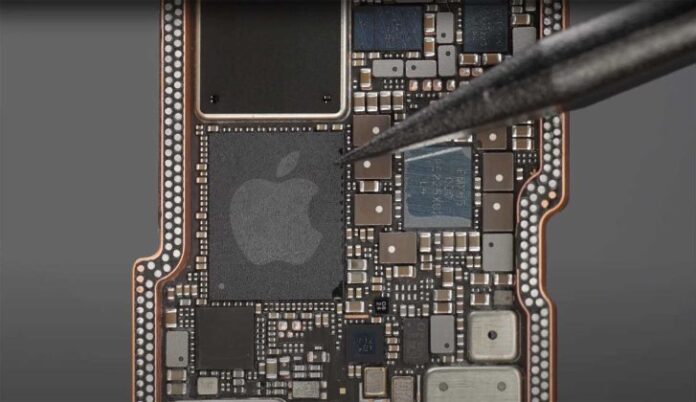
Apple has grappled with the development of its in-house 5G modem for years now, and even acquiring Intel’s business for $1 billion did not aid the company’s endeavors. Finding negligible success in this area, the California-based giant had little choice but to extend its partnership with Qualcomm for three more years, but there was a slight chance that Samsung would be brought into the fold, too. Sadly, talks of a deal never went past a certain point, with one report stating that the Korean manufacturer was experiencing supply issues.
It is even possible that Apple found Samsung’s foundry lacking in quality compared to TSMC
Apple’s engineers and managers must have realized by now that developing an in-house 5G modem is not the same as designing a smartphone or notebook silicon, as there are a ton of complexities involved. According to Hankyung, back in 2019, Apple fell into negotiation problems with Qualcomm, so the California-based giant turned to Samsung to materialize a deal. At the time, Samsung could not establish a partnership because it could not make enough 5G modems. Thus, the talks ended without reaching a satisfactory conclusion.
In the end, Apple was backed into a corner and had to swallow its pride and continue working with Qualcomm while reportedly paying a hefty premium to the San Diego 5G modem manufacturer. It has also been several years since Apple used Samsung’s foundry to mass produce any chipset, as TSMC’s past and current-generation processes have shown superiority for several years.
It is possible that the Samsung-made 5G modems that would have found their way in older iPhone models would not only be slower than Qualcomm’s offerings but also less power efficient, resulting in worse battery endurance. Even Apple’s earlier in-house 5G modems were slow and prone to overheating, but that is not even the start of the company’s list of unscalable obstacles.
These modems must also comply with strict connectivity regulations worldwide, with each region having different conditions and standards. With so many variables, it can often become an optimization mess when letting the modem consume less power and perform optimally. At the earliest, Apple may unveil its first 5G modem in 2025, but it is highly unlikely that Samsung may find an opportunity like this again.
WccftechContinue reading/original-link]




